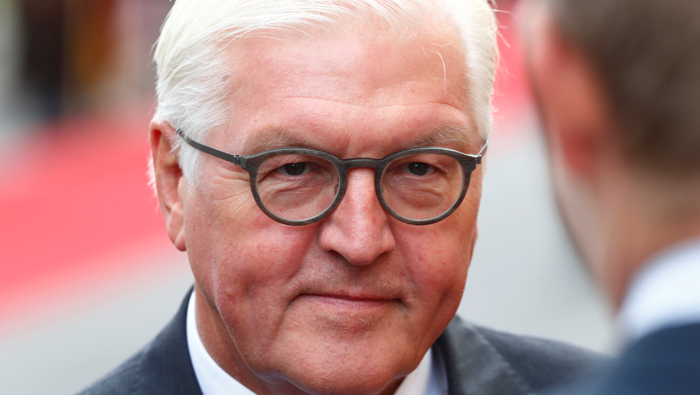
Berlin: German President Frank-Walter Steinmeier has warned against demonising Russia and said Germany had a particular role to play in maintaining dialogue with Moscow, given its history.
In an interview published on Sunday, Steinmeier, a Social Democrat, voiced concerns that Saturday's air strikes by Western powers had raised the serious risk of a direct confrontation between Russian and US forces in Syria for the first time.
"We are at the next step of escalation in the Russian-American relationship," Steinmeier, who twice served as Germany's foreign minister, told the Bild am Sonntag newspaper.
The air strikes on Syria - aimed at destroying Syrian chemical weapons facilities - have exacerbated tensions between Moscow and the West, already at a new post-Cold War high after the expulsion of more than 130 Russian diplomats in response to a poison gas attack in Britain that London has blamed on Russia.
Syria denied using chemical weapons against its civilian population.
Russia also denied it was behind the poison gas attack on a former Russian double agent and his daughter.
Steinmeier said the evidence pointed clearly at Russia's involvement, which was alarming, but added: "The galloping alienation between Russia and the West must also concern us, with consequences that will go far beyond this case. There is practically no basis of trust any more." Steinmeier urged German politicians to keep the door open to dialogue with Russia, and to avoid portraying Russia and its people as an enemy, even as they maintained pressure on Moscow over its annexation of Crimea and support for rebels in eastern Ukraine.
"Regardless of (Russian President Vladimir) Putin, we cannot declare Russia as a whole, the country and its people, to be an enemy," he said. "Our history speaks against it, and there is too much at stake."
German Foreign Minister Heiko Maas, who has adopted a tougher tone in his comments on Russia than his predecessors, on Saturday called for a new international effort to end the war in Syria, and said Germany would exploit its relationship with Moscow to ensure Russia played a "constructive" role.
Germany, which relies on Russia for about a third of the gas it uses, has long walked a careful line with Moscow -- pushing for continued sanctions over Ukraine and eastern Ukraine while also maintaining dialogue and trade relations.